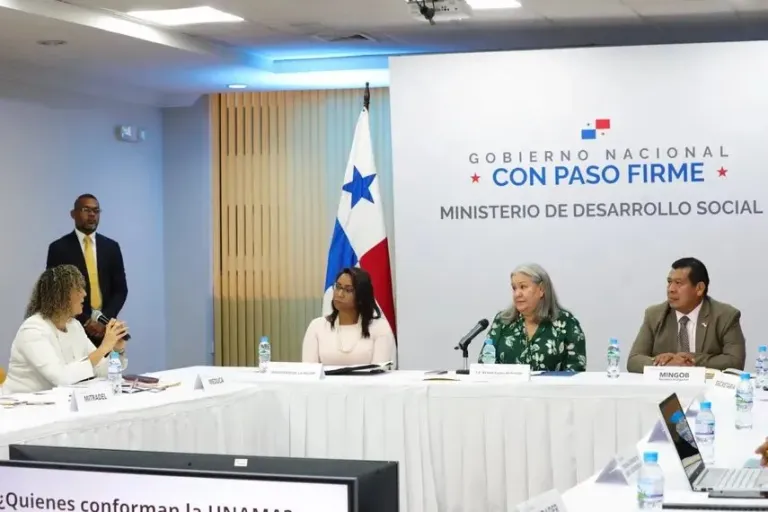PANAMA CITY, PANAMA – The Panamanian government has approved a legislative proposal to transform the Ministry of Women into the National Institute of Women (Inamu). The Council of Ministers approved the measure, known as Draft Law 3425, on Tuesday, October 21, 2025, initiating a major restructuring of the nation’s primary agency for women’s rights.
The move, announced by President José Raúl Mulino earlier this year as part of a broader institutional modernization plan, aims to create a more efficient and technically focused entity. Officials state the change is designed to strengthen the agency’s role in coordinating public policy for women across Panama.
Streamlining for Greater Efficiency and Impact
Minister of Social Development, Beatriz Carles, explained the rationale behind the transformation. She emphasized that the goal is to consolidate the leadership of public policies directed at women while improving management and expanding program reach.
“The proposal seeks a more efficient and technical structure, which will allow for the consolidation of the stewardship of public policies directed toward women,” said Minister Carles [Translated from Spanish].
Carles further clarified that the budget previously allocated to the Ministry of Women will be maintained under the new institute. The restructuring is intended to optimize the use of these resources through better coordination with other institutions and the elimination of duplicated efforts.
Continuity of Essential Services Assured
A key aspect of the announcement was the reassurance that all critical services currently provided will continue uninterrupted. Minister Carles confirmed that the transition to Inamu will not affect direct support systems for women across the country.
“The shelters, comprehensive care centers at the national level, psychology and social work services, as well as the reporting hotlines and the mobile application will be maintained,” Carles stated [Translated from Spanish].
This confirmation aims to alleviate concerns that the institutional change could disrupt vital resources, including shelters for victims of violence and psychological support networks. The preservation of these services indicates the government’s intent to enhance administrative efficiency without reducing frontline support.
The creation of the National Institute of Women represents a significant shift in Panama’s approach to women’s rights and public policy. The proposal will now proceed to the National Assembly for legislative debate and final approval. For more information on government initiatives, visit the official Panamanian Presidency website.



